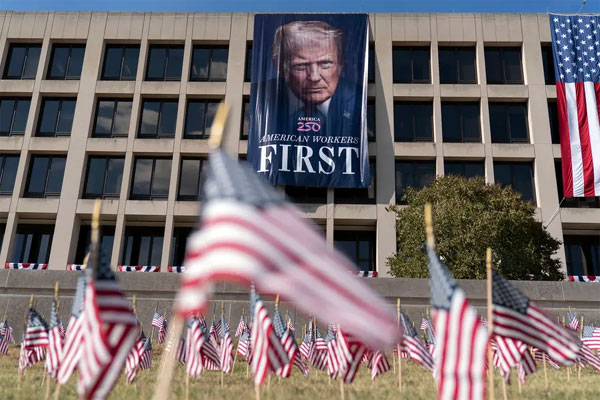Daijiworld Media Network - Washington
Washington, Aug 30: In a major legal blow to President Donald Trump, a federal appeals court has ruled that he lacked the authority to impose global "reciprocal" tariffs under the 1977 International Emergency Economic Powers Act (IEEPA), challenging a key pillar of his trade policy. The court concluded that the IEEPA does not grant the President the power to levy tariffs, taxes, duties, or similar measures, despite the law's broad emergency provisions. The ruling specifically noted that the statute makes no mention of tariffs or any synonyms and contains no procedural safeguards that would justify the executive branch assuming such powers.

Although the ruling is set to take effect on October 14, giving the administration time to seek further legal recourse, it carves out exceptions for tariffs on steel and aluminium — which were enacted under a separate legal framework and will remain in force. Trump responded defiantly just hours after the court’s decision, promising an appeal to the U.S. Supreme Court and insisting that all tariffs remain in place. Posting on Truth Social, he warned that allowing the ruling to stand would “literally destroy the United States of America,” while affirming his intention to continue using tariffs as a tool to protect American interests.
The judgment builds on an earlier blow from the U.S. Court of International Trade in New York, which in May also ruled that Trump had overstepped his executive authority in imposing tariffs. Since returning to power in January, Trump has leaned heavily on tariffs as leverage in trade negotiations and geopolitical disputes, portraying them as a means to secure favorable terms or punish non-compliant nations. Now, as the legal battle moves toward the Supreme Court, the limits of presidential power in trade policy are set to be tested once again — with potentially far-reaching implications for U.S. economic diplomacy.